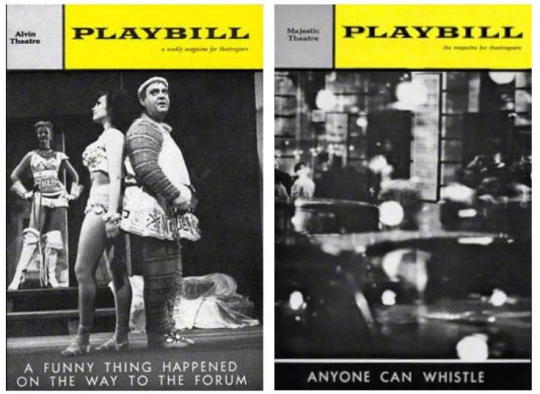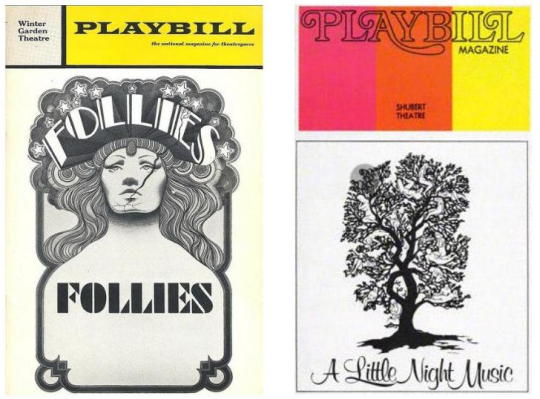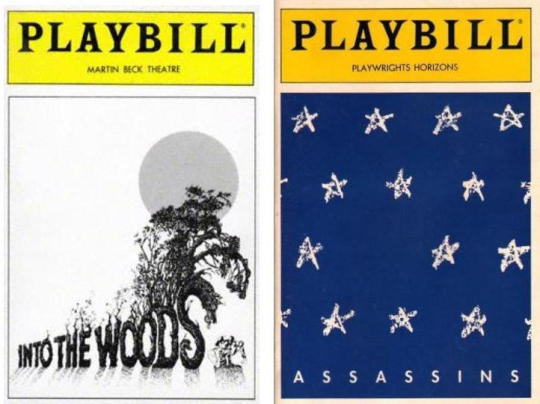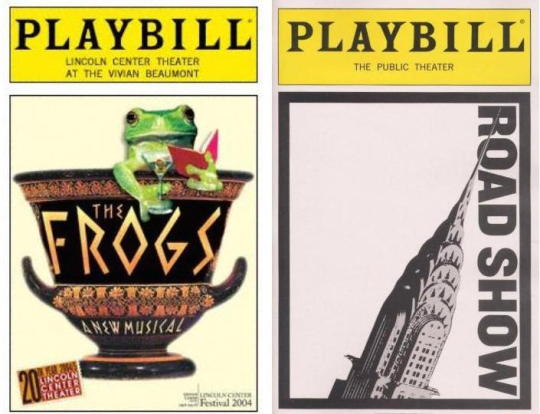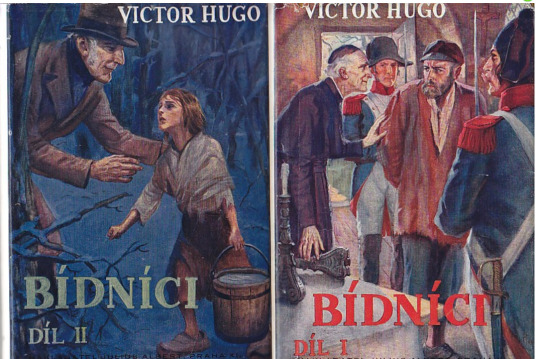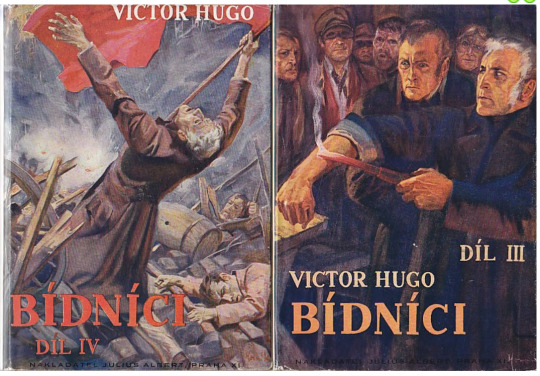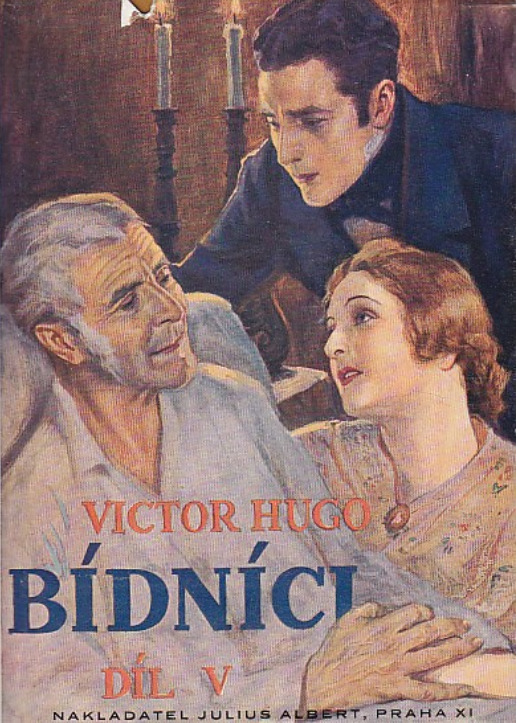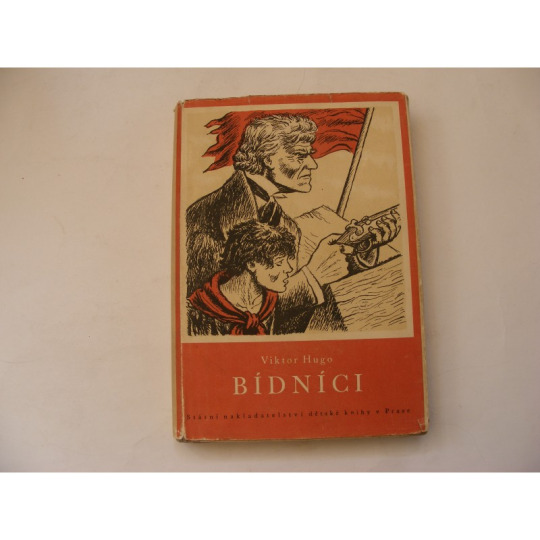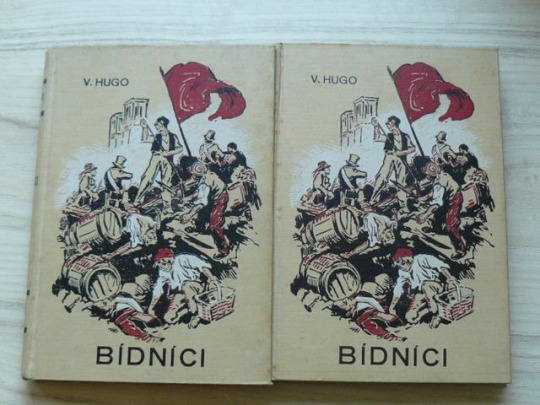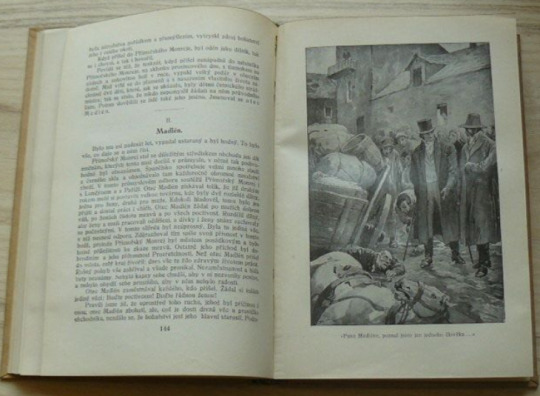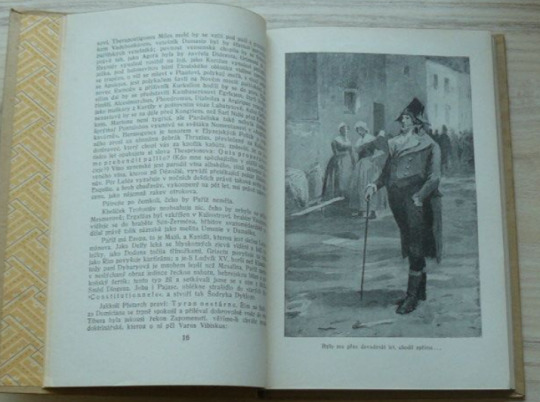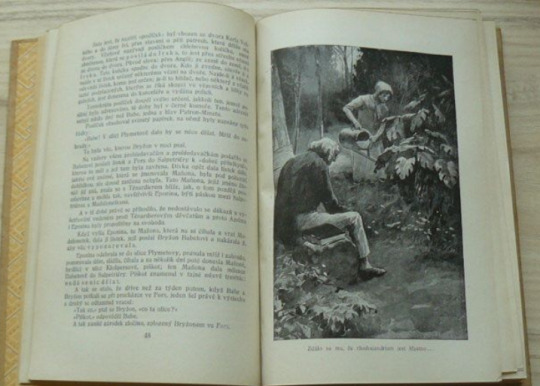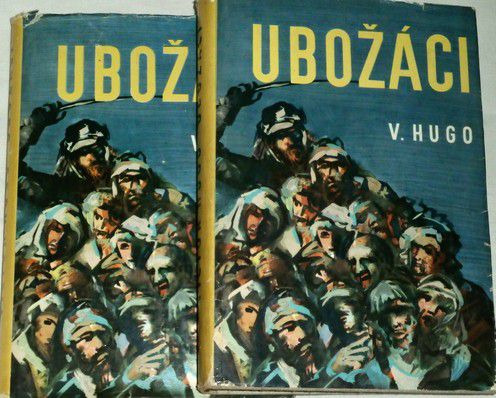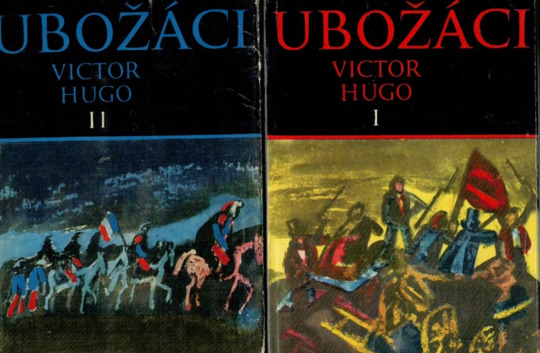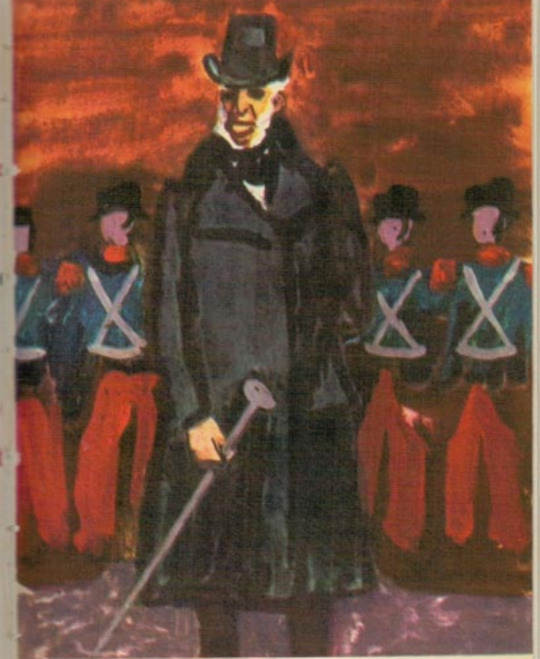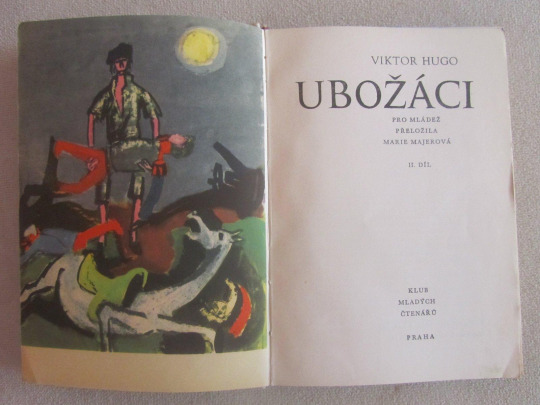THROW ME THE BOOKS A Sherlock Holmes and Inspector Javert appreciation blog, Jeremy Brett and Philip Quast preferred. I love musicals, detective fictions and 19th century novels also, and sometimes I draw. - My Favorite Illustrations Appreciation - Sherlock Holmes - A.I. Keller
Don't wanna be here? Send us removal request.
Text
Mr. Phillip Walford and the love he has for the color blue😂🤭🤭

Blue shirt + blue tie for his business wear or like boss-look
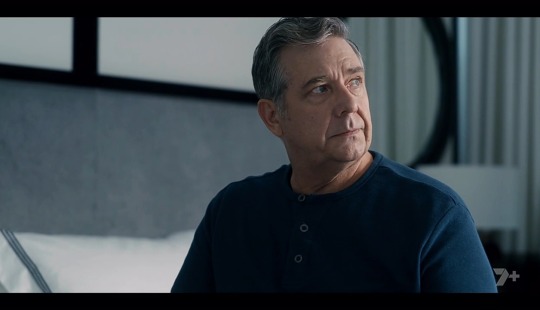
Blue sleeping clothes
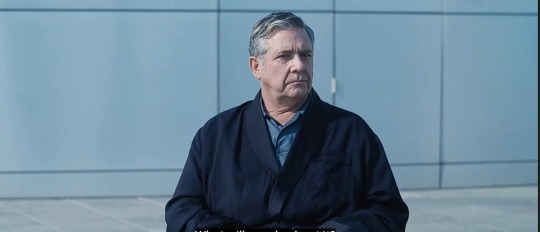
Blue robe + blue shirt...he's a grumpy old man, yes

Blue checkered shirt, he looks so unamused or like 'mmkay...idc'
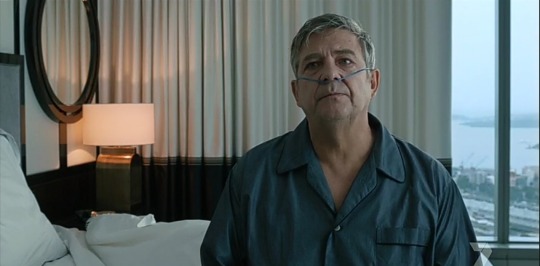
Blue gown, awww poor bb🥺🥺still handsome tho

Blue tie, he loves this tie huh

Yes, blue shirt again and he's throwing some shade to his wife omg

Blue tie, different print

Blue shirt again omg HAHAHSHSHAHAHA and his face, goof

Blue mug + blue robe...
I'm so bored that I'm noticing this small details mygosh. No regrets tho hahaha
27 notes
·
View notes
Text
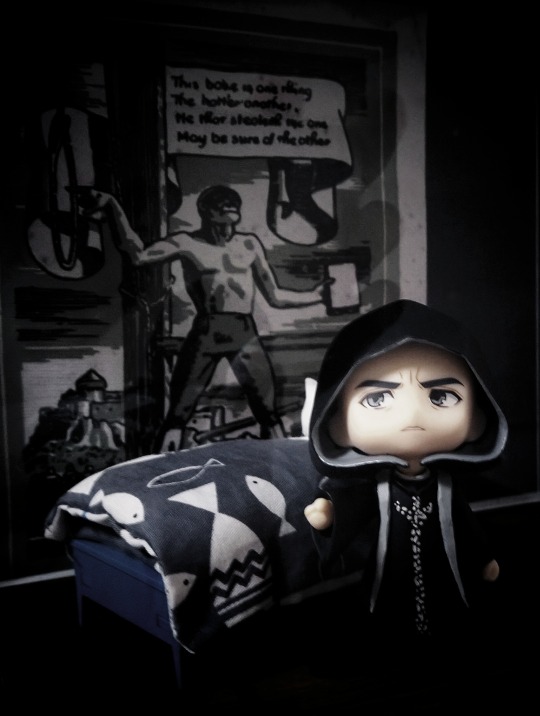
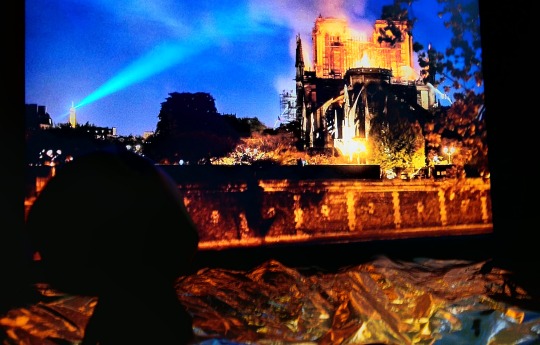
Got a modified little Frollo so here's some key scenes in NDDP XD
5 notes
·
View notes
Text
What BBC Les Mis costumes should have looked like
Cosette’s wedding dress in the tv series:

In reality:
Something like this

Or this:

Fantine’s dress in the tv series:
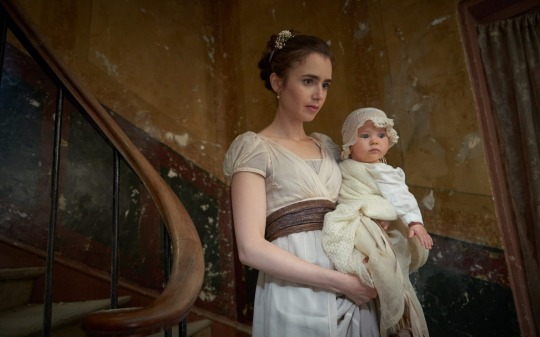
In reality:
something like this
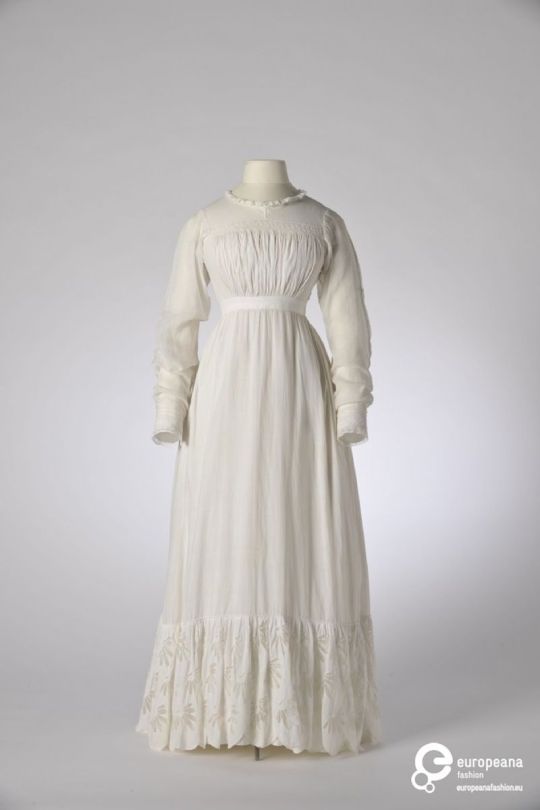
or this:

Or this
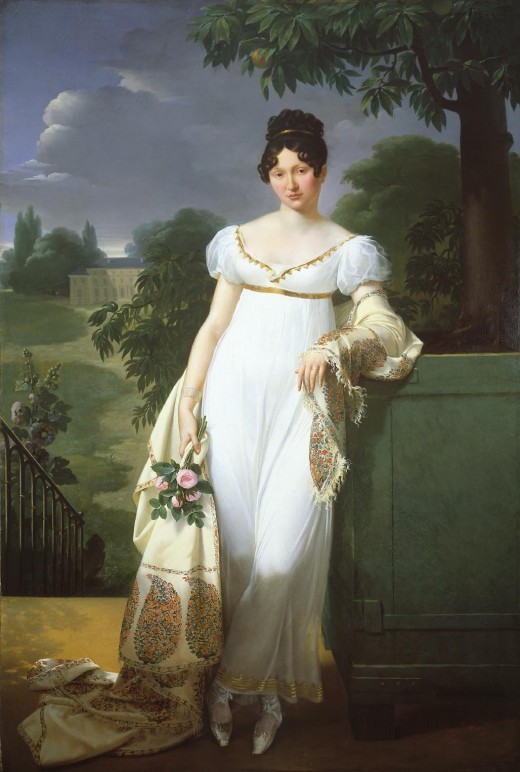
Fantine’s second dress in the tv series:

In reality:
Something like this:

Or this:

Cosette in the tv series:

In reality:
something like this:
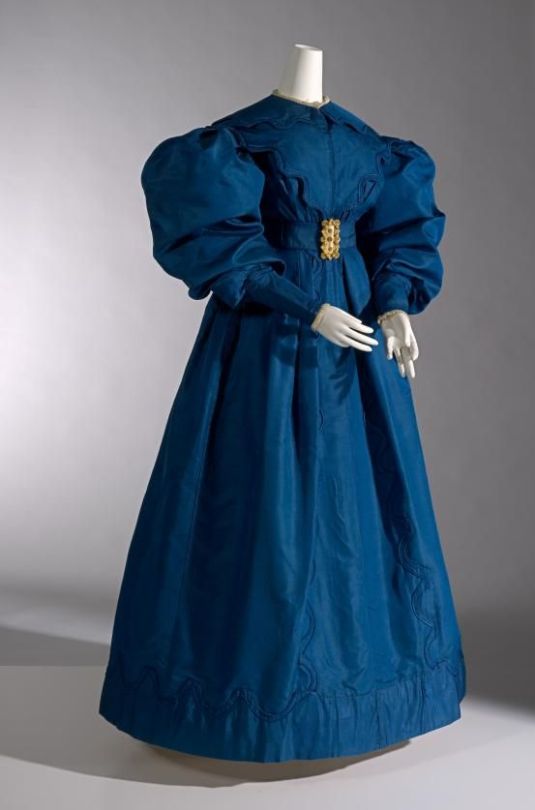
or this

Or this

Cosette’s dress in the tv series:
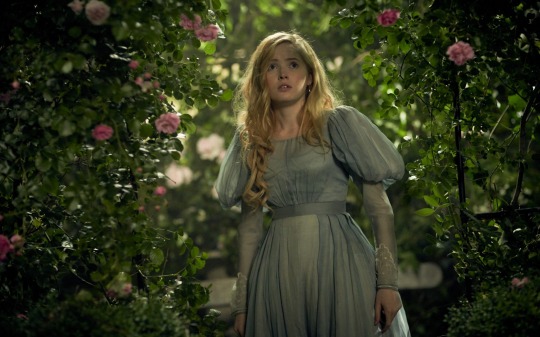
In reality:
something like this:
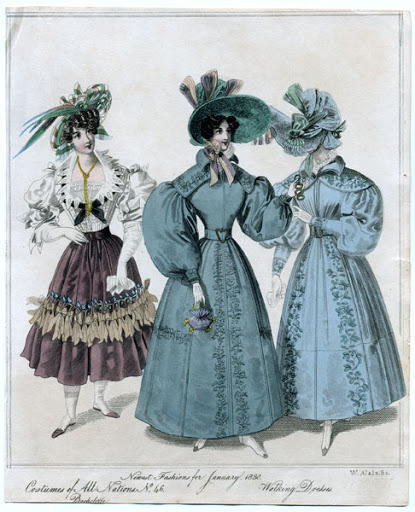
Or this:
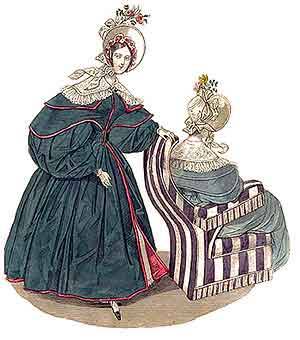
Cosette in the tv series:

I don’t actually know how she should exactly look like, but I assume that she would have worn something black (instead of brown) and (I’m sure about this) cover your head girl! You are in the convent, you are not allowed to go bareheaded! (same thing is with all the women in this series: cover your head!) (Looking at you Fantine especially)
Enjolras in the BBC series:

In reality:
something like this

or this

Courfeyrac in the tv series:

In reality:
Something like this
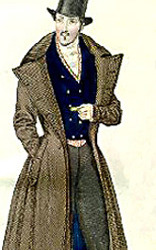
or this

Probably I do another post later when I find more inaccurate costumes in this tv series.
396 notes
·
View notes
Text
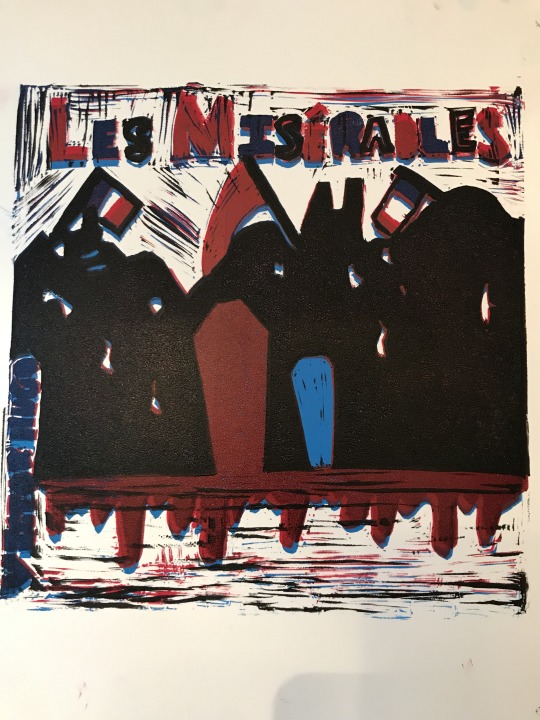
A Barricade Day block print? On my blog? It’s more likely than you think.
289 notes
·
View notes
Text
Les misérables, Victor Hugo. Limited Edition Club (for collectors) . Illustrated by Lynd Ward (1938).

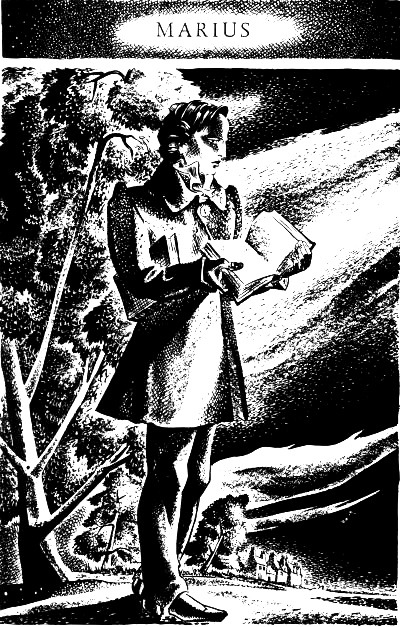
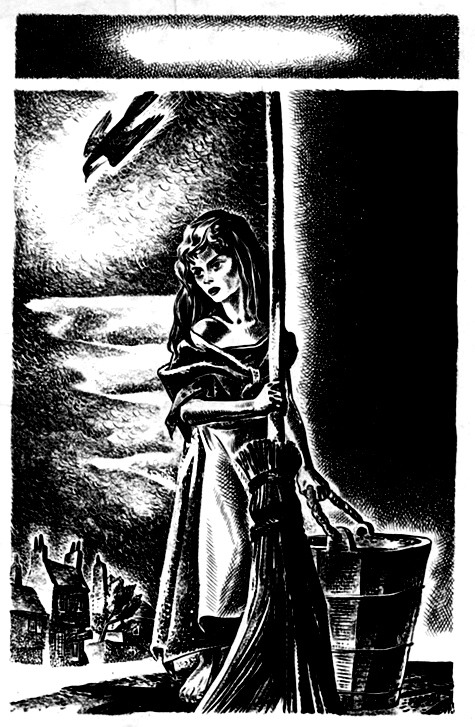
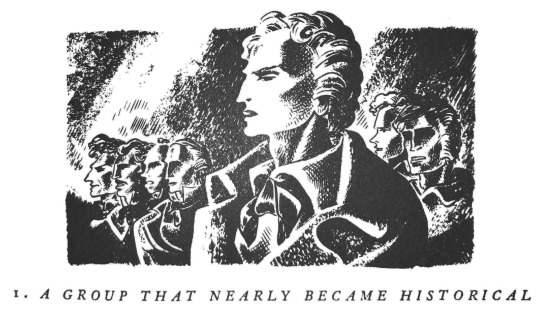

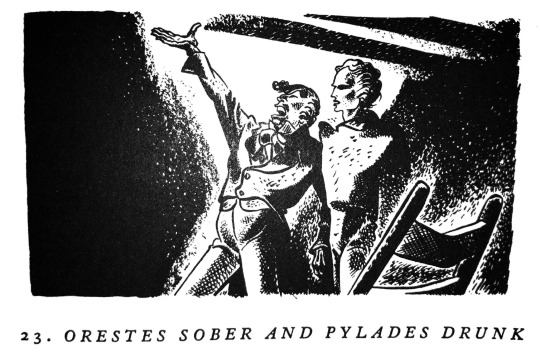
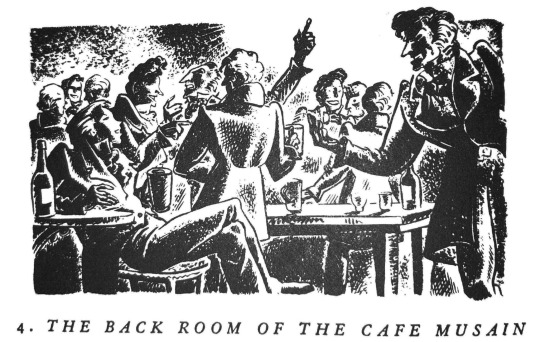
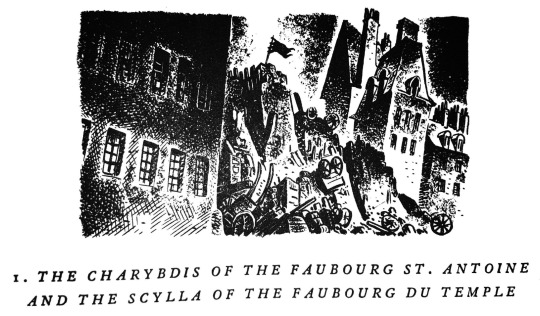
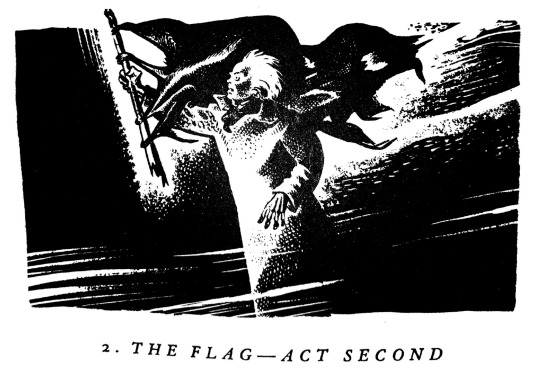

67 notes
·
View notes
Text
June 1832 primary sources roundup
I have tentative plans to post things for Barricade Day that will add to this list, but in the meantime, if you’re interested in reading about the real June 1832 revolt in the participants’ (and witnesses’) own words, here’s your one-stop shopping.
Charles Jeanne’s letter to his sister: THIS IS PROBABLY THE COOLEST ONE. Nobody even knew it existed until it was unearthed a few years ago, but Charles Jeanne, leader of the Saint-Merry barricades in 1832, wrote his sister a detailed fifty-page account of the revolt from prison the following year. (How he wound up in prison instead of dead is a long story involving a suicidal ten-man charge against an entire army that unexpectedly worked. For certain values of ‘worked.’) The letter is incredibly cool and contains a whole bunch of incidents that Hugo included in Les Mis… with certain changes. Along with some incidents, like the final charge, that are so preposterous they wouldn’t have been believable in fiction. I’ve translated the whole thing; you can find it under my “à cinq heures nous serons tous morts“ tag, or if the post-in-French-reblog-in-English format is too awkward for you, it’s also up on my website in 8 parts: One | Two | Three | Four | Five | Six | Seven | Eight
Alexandre Dumas’ memoirs: are up in English on archive.org, and totally worth a read, because Dumas writing about his life is just as flamboyant as Dumas writing about swashbuckling protagonists. The bits that deal with June 1832 are in Vol. 6, Book IV, chapters 5-7.
Excerpt of a letter from George Sand to Laure Decerfz, 13 June 1832. Proto-feminist author and Romantic-era wild woman George Sand was living right across the river from the morgue at the time, and got a pretty gruesome view of the bodies coming in and the massacre of insurgents who weren’t dead yet.
Heinrich Heine’s June 1832 coverage for the Augsburger Allgemeine Zeitung: in English on archive.org. Heine was living in Paris and acting as their correspondent for French affairs. His analysis of republicanism in Europe starts on page 255, and his account of the insurrection itself starts on page 275. The “liveblogging” section (daily despatches to the newspaper) starts on page 299.
Later writing and non-firsthand accounts of June 1832:
Louis Blanc’s account of the revolt from his History of Ten Years. Hugo relied heavily on this as a source for his Les Mis research.
John Stuart Mill’s June 1832 coverage/analysis from his weekly column in the Examiner.
The London Times’ June 1832 coverage
Translated excerpt from R. Sayre & M. Löwy’s book L’insurrection des Misérables: why June 1832 struck a chord with the artistic world regardless of political affiliation.
Excerpt from Jill Harsin’s Barricades describing the revolt in the context of the wider republican movements of the time.
Stuff in French:
The most important primary source on June 1832 is probably the trial of the insurgents from Saint-Merry, which is really damn long and alternates between really boring and really fascinating. The whole transcript was published by the radical press (along with reprints of newspaper editorials favorable to the insurgents) to whip up public support for Charles Jeanne and the other defendants. The whole thing is available in PDF in volume 11 of Les Révolutions du XIXe siècle, and I was working on correcting the OCR and making it available in text format before I got sucked headfirst into another fandom and it was put on the back burner.
Hégésippe Moreau on the anniversary of the revolt published a poem called “Les 5 et 6 juin: chant funèbre.”
Among Verlaine’s juvenilia is a poem about early-1830s insurrections entitled “Des Morts.” Probably dates from the late 1850s or early 1860s, so after the June Days and Napoleon III’s coup d’état, but—tragically ironic, given the last line—before the Commune.
Several works published in the immediate(ish) aftermath of June 1832 that were censored by the government are up on Gallica, including Rey-Dussueil’s novel “Le Cloître Saint-Méry” and Noel Parfait’s poem “L’aurore d’un beau jour.”
The back pages of my “à cinq heures nous serons tous morts” tag contain some of Thomas Bouchet’s editorial notes to the Charles Jeanne letter, on the insurrection and how Hugo adapted it.
As for dead-tree sources, I highly recommend Sayre & Löwy’s L’insurrection des Misérables: romantisme et révolution en juin 1832, the Charles Jeanne letter published under the title of À cinq heures nous serons tous morts with extensive, fabulous commentary by Thomas Bouchet, Jill Harsin’s Barricades (English), and Mark Traugott’s The Insurgent Barricade (English).
2K notes
·
View notes
Text
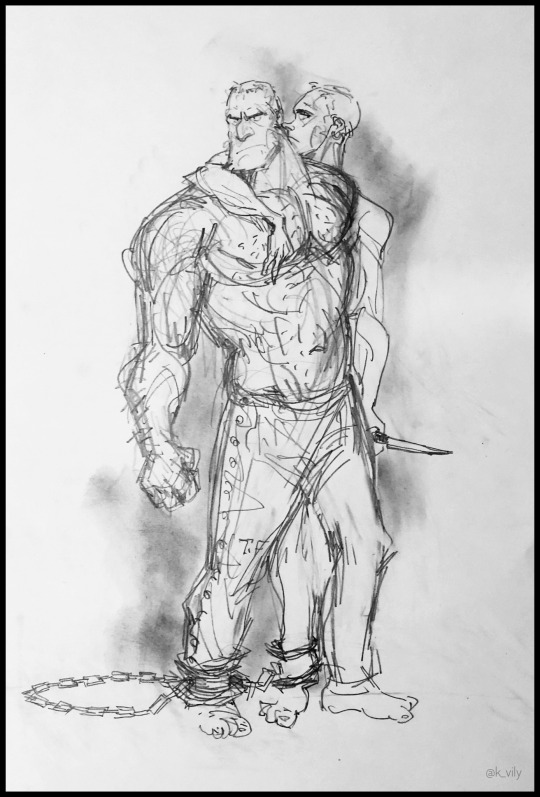
Sempre mi, sempre ti.
( @prudencepaccard )
12 notes
·
View notes
Text
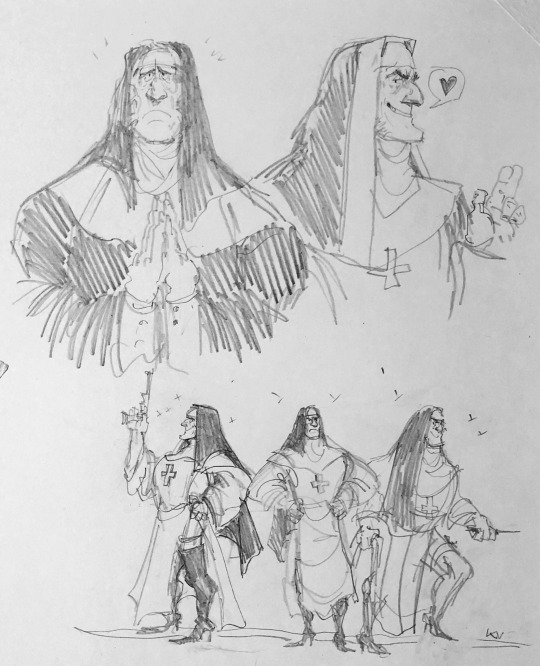
Vautrin as a sexy nun with anachronistic thigh high boots. Inspired by one of Vidocq’s escapes, the hilarious stock images that came up when I googled man dressed as a nun, and I guess there’s some of Till Lindemann in there too. I’m sorry Balzac, but this may be the sexiest thing I’ve ever drawn. And Vautrin would rock the hell out of this outfit.
@prudencepaccard should I not tag you in these sort of things? :p
13 notes
·
View notes
Photo





I wanted to make a gifset about all the things I love about Jeremy Brett’s Holmes, or everything I think the Granada adaption got perfectly right, but the list was too long, so here have just some of my favorites.
It’s honestly hard to find anything I DON’T love about Granada Holmes.
He’s allowed to have his black moods, and when he does, Watson takes care of him, reminds him to eat, tries to get him away from the drugs.
He’s MESSY. Capital letters messy. He’s A MESS. Unashamedly. That scene where he gathers all his papers up from the floor, drops them behind Watson’s chair, and then stands in front of them to shield them from sight and acts perfectly normal when a client walks in? I love that so much.
Then there’s the fighting - he can absolutely hold his own in a fight, but they didn’t make him basically superhuman, like some adaptions like to do. Of course he usually beats the bad guys, but he gets hurt, too. And when he does, Watson is there to patch him up. But Holmes still brags about winning, because it’s Holmes and he’s weak for praise, especially from Watson.
Then there’s this little scene at the end of The Dancing Men. “How absurdly simple.” And it just hits me right in the feels everytime. I’m not sure I can quite explain why in coherent sentences, but let me attempt to. Holmes loves to show off. He loves when people are amazed at his deductions, he loves the praise and the admiration. And he also loves to explain how he solved the mysteries, but the thing is, on the other hand - everytime he explains how he got to a conclusion, he’s afraid people will start to ‘realize’ that it’s really ‘not that amazing at all’ and they’ll lose that sense of mystery, and they’ll stop being impressed by what he can do, because ‘anybody could do it’. Because it’s ‘so absurdly simple’. And he’s so torn between wanting to show off and explain how he did it, and at the same time not wanting to explain it because he thinks that this ‘mystery’ is the only thing that makes him interesting to others. GOD, my HEART.
Which brings me to my last part - he’s so GOD DAMN HUMAN. He has so many layers, some of them contradicting each other, and he can be harsh or even rude sometimes but at his heart he’s noble and just and KIND. And he can be cold or condescending and turn people in without hesitation, but then he let’s a murderer go free because justice is bigger than the law. He goes on and on about logic and facts and exact sciences but then waxes poetic about flowers and the goodness of providence when the mood strikes him.
I could go on and on. And all of that, and so much more, is so perfectly captured and portrayed in Brett’s performance. Which is why he is, and will forever be, my Holmes. I just wish I’d had a chance to tell him that.
1K notes
·
View notes

